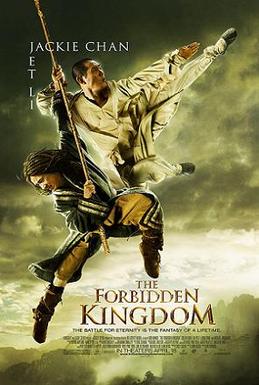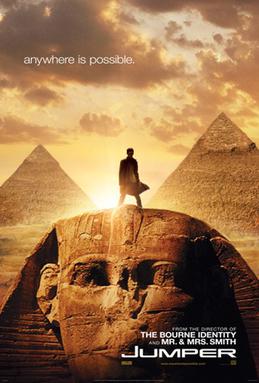Recently I have been doing a lot of thinking about digital information, the music and movie industry and their tussles with digital music/movies and P2P networks.
What I have been trying to think of is a win-win solution for all parties involved. That is, to come up with a digital information distribution business model that enable the music and movie industry to earn a good profit, to ensure producers such as musicians, actors, directors, writers all get a fair share of their cut and of course, that we as consumers still continue to get what we want (high quality music) at what we believe is a fair price. The result, is this series of articles examining what's wrong with the current model and what needs to change to create a robust entertainment market.
Today, we focus specifically on why the Internet marketplace is so different from a normal brick and mortar market place that the entertainment industry is used to.
One Cent Storage, Reproduction and DistributionAs I have mentioned in the first article, the main difference between a typical brick and mortar Economics and Internet Economics is that digital storage, digital reproduction (or copying) and digital distribution are so cheap that its total cost is still less 1 cent per product sold. This is very different from real world storage and distribution where materials, manpower, warehouses, ships, trucks and store space all costs a significant amount money.
In fact when producing a digital product, there are only three substantial financial costs involved:
- The one time cost of creating the first copy of the digital product.
- The cost of marketing and advertising.
- The cost of per-unit-sold royalties, licenses and residuals.
The first two costs are largely fixed and from a basic economic perspective, would mainly influence when a product breaks even. The third cost is going to be the bane of companies trying to enter the Internet with digital products as all other per-unit costs such as manufacturing, distribution costs drop to zero, these per-unit royalties to third parties become major factors in the final cost of these digital products. I believe the television and movie industries and to a lesser extent the music industry suffers from cumbersome per-unit costs that prevent them from selling their digital products at low prices.
Unfortunately, this is something the entertainment industry will have to solve through legal re-negotiations. However, once it is done the entertainment industry will be able to leverage the tremendous economies of scale advantages that the Internet brings.
The Long TailOne of the well documented effects of having near-zero cost storage, reproduction and distribution is popularly called the Long Tail effect. The idea is that an "Internet Store" is able to stock up several orders of magnitude more songs/videos/movies than any brick and mortar stores can ever imagine stocking up. For example, if the operating cost of a HMV superstore allows it to stock 10,000 unique titles, then an Internet Store with the same operating cost can probably stock several million unique titles. The impact of having such a huge stockpile of music and video is that only half their revenue comes from Blockbuster Movies and Billboard Music. From another perspective, they effectively doubled their revenue by selling non-Blockbuster/Billboard products.
If you are really interested in how businesses can leverage the Internet or just how the world works, I seriously recommend reading the book "
The Long Tail: Why the Future of Business is Selling Less of More
" by Chris Anderson, current Wired magazine's editor-in-chief. The book is written for the layperson and reiterates its main points through different viewpoints that you get a pretty good understanding of why the long tail effect is so critical to Internet businesses.
The entertainment industry in particular, needs to get away from thinking solely about Blockbuster Movies and Billboard Songs and focus on serving up on the Internet everything they have produced in the past century. The entertainment industry should aos start promoting themselves with themes such as "The Place for Music" or "Where Movies Live". The movie industry, for example, can adopt genre specific promos such as Romantic Comedy/Sci-fi Month. In fact, this is exactly what Amazon.com has been doing for the past decade.
Most importantly, the entertainment industry must realize that they have always been a long tailed business. There is still a significant audience who still watch "Gone With The Wind" even though it was produced nearly 70 years ago. Even today, I frequently see posts made by teenagers who have just discovered Star Trek for the first time and are hungry for more. There are many more "long burning" products that continue to sell years and even decades after their initial release. The entertainment industry has largely neglected these "long burn" products over "flash burn" products. For the first time ever, the Internet Store offers an opportunity to stock both types of products without worrying about the cost of retail space.
In the next article, I will cover the entertainment industry's misteps with digital rights management and detail a digital copyright management scheme that both consumers and the industry can accept.











 No Country for Old Men
No Country for Old Men

















